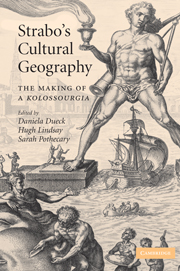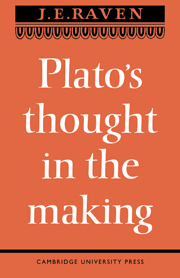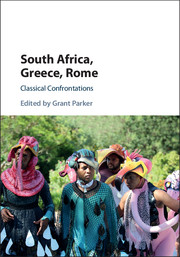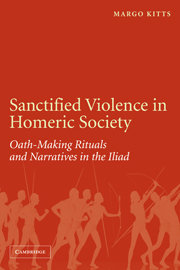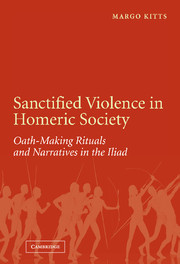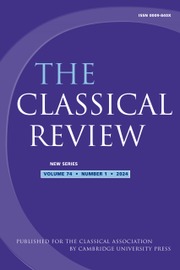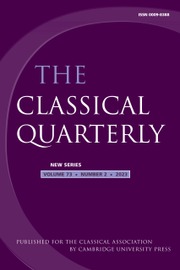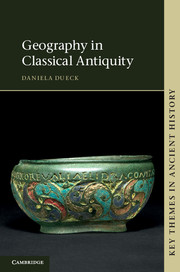Strabo's Cultural Geography
Strabo of Amasia, a Greek geographer of the Augusto-Tiberian period, collected his observations of the Roman world of his time in his magnum opus, the Geography, which he described as a 'Kolossourgia', a colossal statue of a work. This term reflects not only the work's size in seventeen books, but also its multi-faceted nature. An international team of Strabo scholars explores its details, and the cultural, political, historical and geographical questions addressed in the Geography. They present different approaches to the study of Strabo, from traditional literary and historical perspectives to newer material and feminist readings.
- Provides a wide-ranging exploration of Strabo's magnum opus, the Geography
- Offers both traditional approaches and new kinds of reading
- Written by an international team of scholars in the field
Product details
March 2011Paperback
9780521175104
304 pages
229 × 152 × 16 mm
0.41kg
Available
Table of Contents
- Introduction
- 1. Kolossourgia. 'A colossal statue of a work' Sarah Pothecary
- 2. Reflections of philosophy: Strabo and geographical sources Christina Horst Roseman
- 3. Who is a barbarian? The barbarians in the ethnological and cultural taxonomies of Strabo Eran Almagor
- 4. Gender at the crossroads of empire: locating women in Strabo's Geography Denise Eileen McCoskey
- 5. Strabo and Homer: a chapter in cultural history Anna Maria Biraschi
- 6. Strabo's use of poetry Daniela Dueck
- 7. Strabo's sources in the light of a tale Nikos Litinas
- 8. The foundation of Greek colonies and their main features in Strabo: a portrayal lacking homogeneity? Francesco Trotta
- 9. 'Men of high reputation' in Strabo's Geography Johannes Engels
- 10. Comparing Strabo with Pausanias: Greece in context vs. Greece in depth Maria Pretzler
- 11. The European provinces: Strabo as evidence Sarah Pothecary
- 12. Amasya and Strabo's patria in Pontus Hugh Lindsay
- 13. Cappadocia through Strabo's eyes Silvia Panichi
- 14. Greek geography and Roman empire: the transformation of tradition in Strabo's Euxine David Braund
- 15. Josephus' hidden dialogue with Strabo Yuval Shahar
- 16. Temporal layers within Strabo's description of Coele Syria, Phoenicia and Judaea Ze'ev Safrai.

